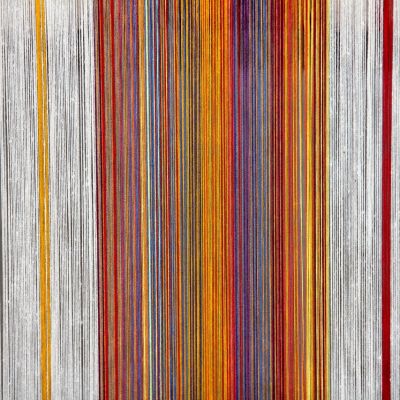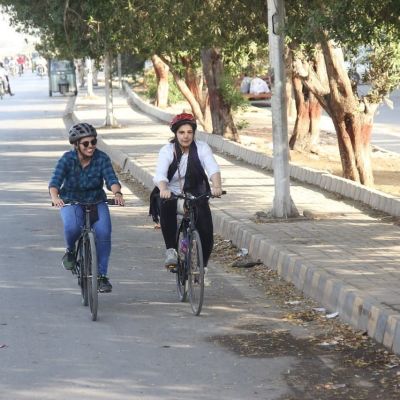space
This article explores how women are constructed as a ‘space’ manufactured by men to seek comfort, but void of having any active agency or participation in that space itself. I seek to bring this out in this article by drawing a parallel between the nineteenth century ‘Bharat Mata’ (Mother India) and the depiction of the twenty-first century ‘heroine’ in Bollywood movies.
Coupledom may or may not be for everyone, and does not mean the same thing to everyone. Importantly, coupledom does not hold the same value or position in our lives, even in the lives of the individuals perceived to be parts of a couple structure.
An Indian joint family shares spaces where lives and narratives overlap and privacy is stymied. Acts of intimacy, pleasure, and sexual exploration become difficult to pursue, and both privacy and sexual fulfillment become a much sought-after luxury.
The boundaries are the most interesting bits. No definitions can be identified without them, and yet they themselves remain in a state of flux – neither here nor there, neither this nor that, but both, all, nothing, and so much more. None can stake their claim on the borderland; it is unseizable, enigmatic, most ungraspable. In its ambiguity it has the power to comfort the outlier at its best, and at its worst, leave bereft those who seek refuge in the absolute.
Within the urban sphere, feminist discourse has for the past few decades centred on the constant anxiety and anticipation of violence, which permeates all of women’s movements within South Asian cities. However, something unusual is happening to that discourse in this cultural moment. Feminists are systematically and strategically shifting their attention from the anticipation of violence to the active search for pleasure in public space.
While we were researching women’s access to public space in Mumbai under the aegis of the Gender and Space Project,…






